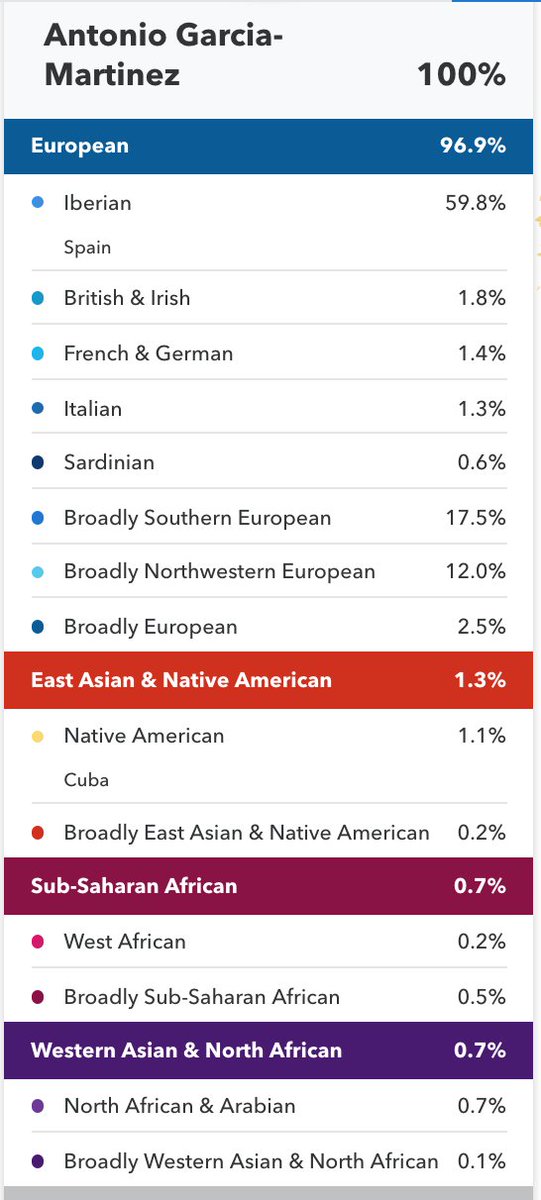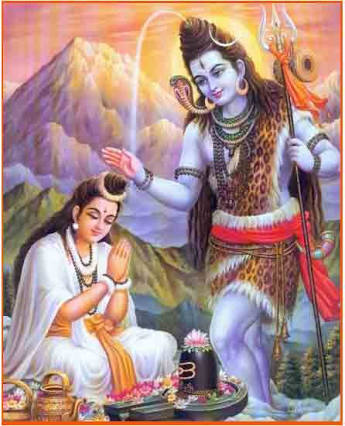I'm having difficulty seeing the need for any other currency in the world other than G$.
If it works, and it is decentralized, then why would we need more than one global-reach currency?
If it does the job perfectly, then why do we need another?
All religions are fake upon their founding.
In other words, GoodDollar is using one of the most powerful cultural spells we have ever invented as a perpetual engine that syphons legitimacy from the old nondemocratic monetary system to a democratic one
Of course, "conservatives" (including "financial conservatives") won't do that, because they are stuck in a racist, classist past.
This strategy is absolutely dependent on rich people getting on board, if it is to cover the globe.
Not too much time tho because the planet is dying.
Bitcoin laundered its early-mining rewards by way of the "Proof-of-Work" myth: the work of computers that privileged people own is confused with their own work, due to Proprietarianism.
So if I have 5 million G$ that I bought for $500 I can just donate them to the next G$ distribution cycle.
Think about it: a healthy monetary system has no rich people. Only rich organizations, funds, institutions, charters, projects, initiatives, mandates. Not people.
More from Fabiana Cecin 🏴 🌹
But you see you don't actually understand how lawmaking works there's this set of procedures and dates that BLEAAAARGHHHHHvomitvomit
Neoliberalism is an economic genocidal ideology predicated on maintaining capitalism, and capitalism is the impoverishment, oppression and death of poor people because that's the OBJECTIVE of capitalist ideology. It's a malthusian ideology.
Neoliberals are the original Alt-Right
Capitalism has ZERO todo with "markets vs. no markets," or "central planning vs. decentralization." That's *propaganda*. That's a diversion.
Capitalism is the NAME OF THE ABSENCE of any support for poor people. In capitalism, giving ANY power to poor people is a CRIME.
Capitalism has an *exception* to the strict forbiddance of giving any economic power to the 99%, and that is the concept of "Merit."
If you act as a SLAVE (wage slave), then you can get some crumbs to *temporarily* avoid your death. While you are mechanically useful.
These fucking Neoliberals which are 99% of the Democratic Party in the US are all POSING as nice people. They are not. They are all sociopaths.
This economic fascism is so thoroughly normalized in the US that nobody has a concept of what capitalism is.
The next day, she voted to move the bill without the 2k. Such a fucking phoney. https://t.co/3aiwDROypo
— ProgressiveSoapbox (@theProgSoapbox) December 31, 2020
Neoliberalism is an economic genocidal ideology predicated on maintaining capitalism, and capitalism is the impoverishment, oppression and death of poor people because that's the OBJECTIVE of capitalist ideology. It's a malthusian ideology.
Neoliberals are the original Alt-Right
Capitalism has ZERO todo with "markets vs. no markets," or "central planning vs. decentralization." That's *propaganda*. That's a diversion.
Capitalism is the NAME OF THE ABSENCE of any support for poor people. In capitalism, giving ANY power to poor people is a CRIME.
Capitalism has an *exception* to the strict forbiddance of giving any economic power to the 99%, and that is the concept of "Merit."
If you act as a SLAVE (wage slave), then you can get some crumbs to *temporarily* avoid your death. While you are mechanically useful.
These fucking Neoliberals which are 99% of the Democratic Party in the US are all POSING as nice people. They are not. They are all sociopaths.
This economic fascism is so thoroughly normalized in the US that nobody has a concept of what capitalism is.
More from Trading
Many of you have seen the famous Westrum Organizational Typology model, so prominently featured in State of DevOps Research, Accelerate, DevOps Handbook, etc.
This model was created Dr. Ron Westrum, a widely-cited sociologist who studied the impact of culture on safety
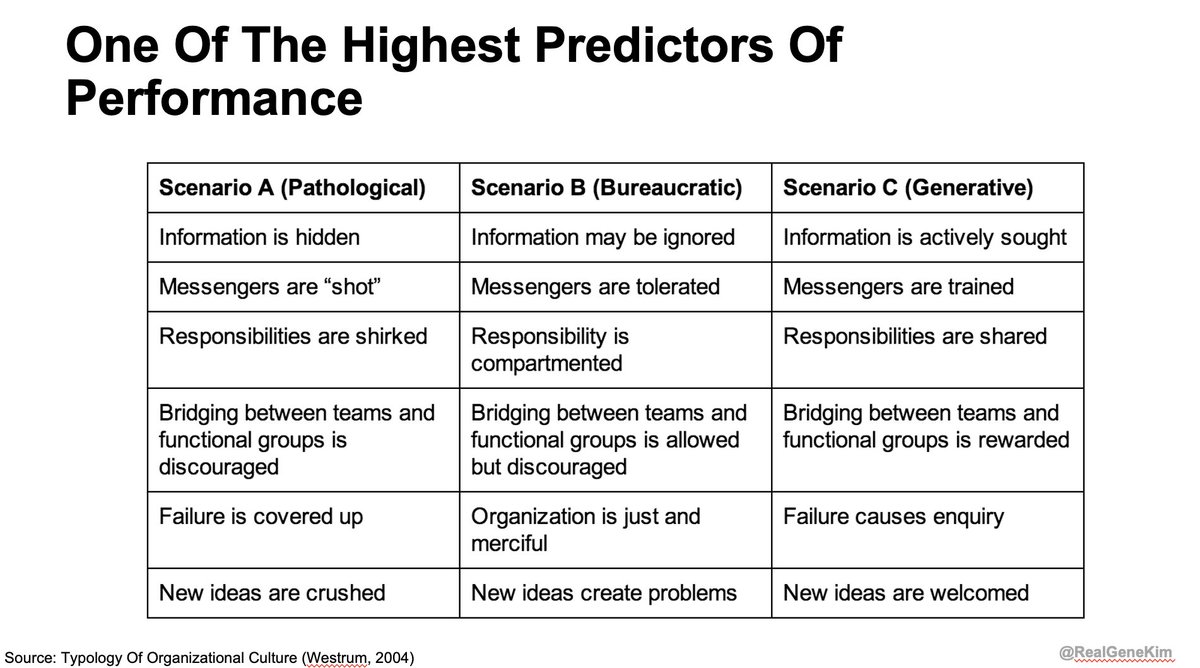
Thanks to Dr. @nicolefv, I was able to interview him for an upcoming episode of the Idealcast! 🤯
It was a very heady experience, and while preparing to interview him, I was startled to discover how much work he's done in healthcare, aviation, spaceflight, but also innovation.
I've read 4+ of his papers, so I thought I was familiar with his work. (Here's one paper: https://t.co/7X00O67VgS)
I was startled to learn he has also studied in depth what enables innovation. He wrote a wonderful book "Sidewinder: Creative Missile Development at China Lake"
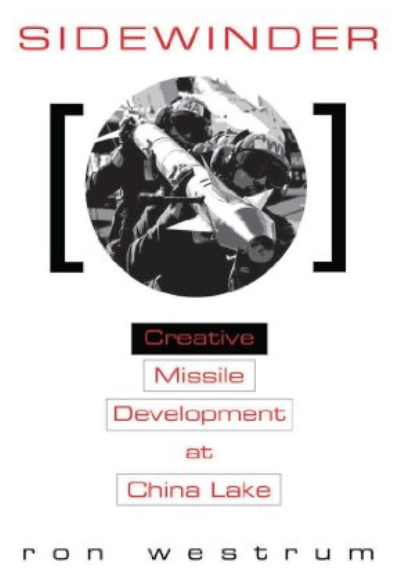
Dr. Westrum writes about China Lake Research Labs: "its design and structure had one purpose: to foster technical creativity. It did; China Lake operated far outside the normal envelope... Sidewinder & others were "impossible" accomplishments,
I love this book because it describes traits of organizations that routinely create and maintain greatness: US space program (Mercury, Gemini, Apollo), US Naval Reactors, Toyota, Team of Teams, Tesla, the tech giants (Amazon, Google, Netflix, Google)
This model was created Dr. Ron Westrum, a widely-cited sociologist who studied the impact of culture on safety

Thanks to Dr. @nicolefv, I was able to interview him for an upcoming episode of the Idealcast! 🤯
It was a very heady experience, and while preparing to interview him, I was startled to discover how much work he's done in healthcare, aviation, spaceflight, but also innovation.
I've read 4+ of his papers, so I thought I was familiar with his work. (Here's one paper: https://t.co/7X00O67VgS)
I was startled to learn he has also studied in depth what enables innovation. He wrote a wonderful book "Sidewinder: Creative Missile Development at China Lake"

Dr. Westrum writes about China Lake Research Labs: "its design and structure had one purpose: to foster technical creativity. It did; China Lake operated far outside the normal envelope... Sidewinder & others were "impossible" accomplishments,
I love this book because it describes traits of organizations that routinely create and maintain greatness: US space program (Mercury, Gemini, Apollo), US Naval Reactors, Toyota, Team of Teams, Tesla, the tech giants (Amazon, Google, Netflix, Google)
A thread on getting intraday (any timeframe) data to excel without any coding. Limited to only last 60 days. Fetches from zerodha chart.
👇
1. Open the chart on zerodha web in chrome. Right click and select 'Inspect'. Click 'Network' as shown in this pic.
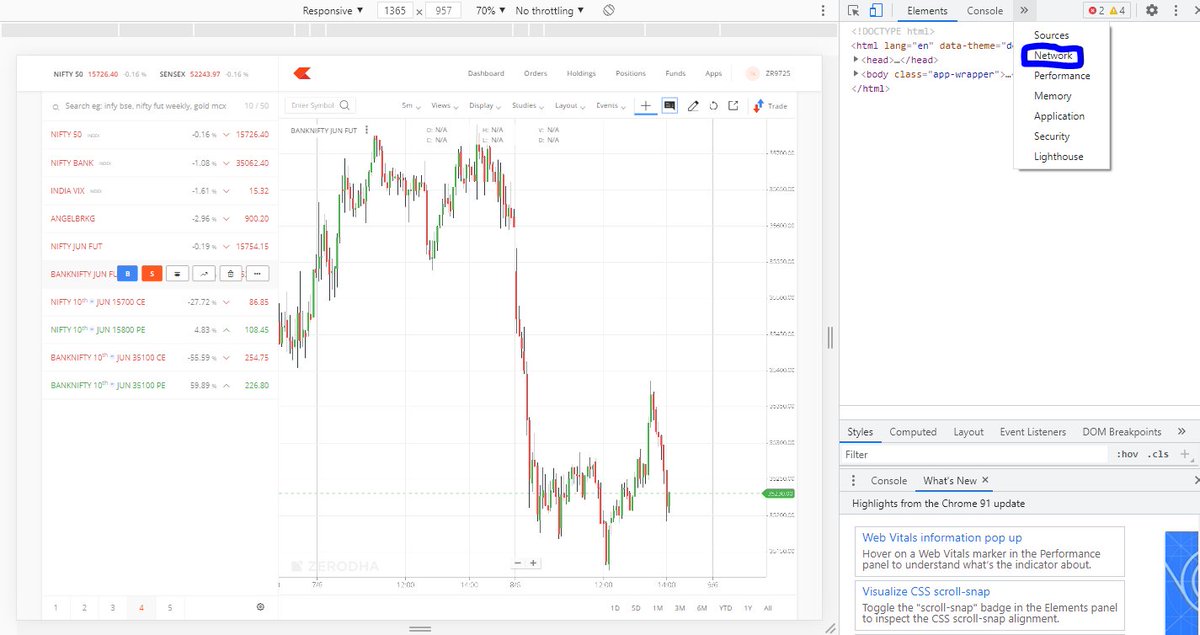
2. Right click on the last entry on the table you see and click 'copy as cURL (bash)'
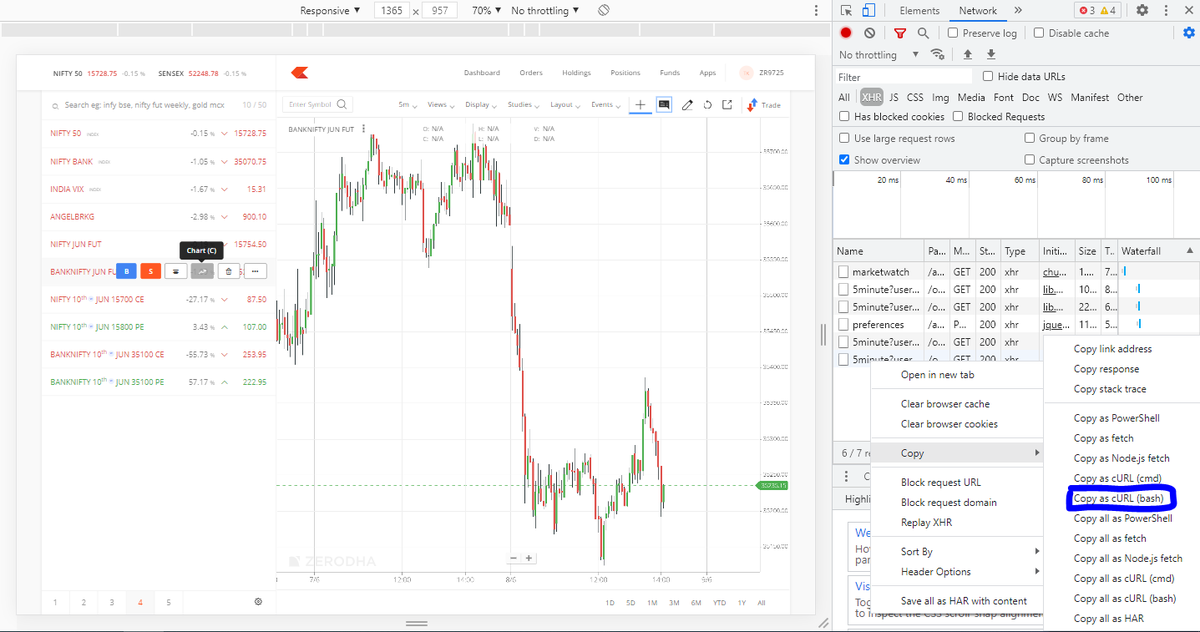
3. Go to website https://t.co/f8rhwoGLUc and paste on the left box and click 'Run'
4. The output below candles written on right of box is the ohlc, volume and oi data. Copy and paste to excel.
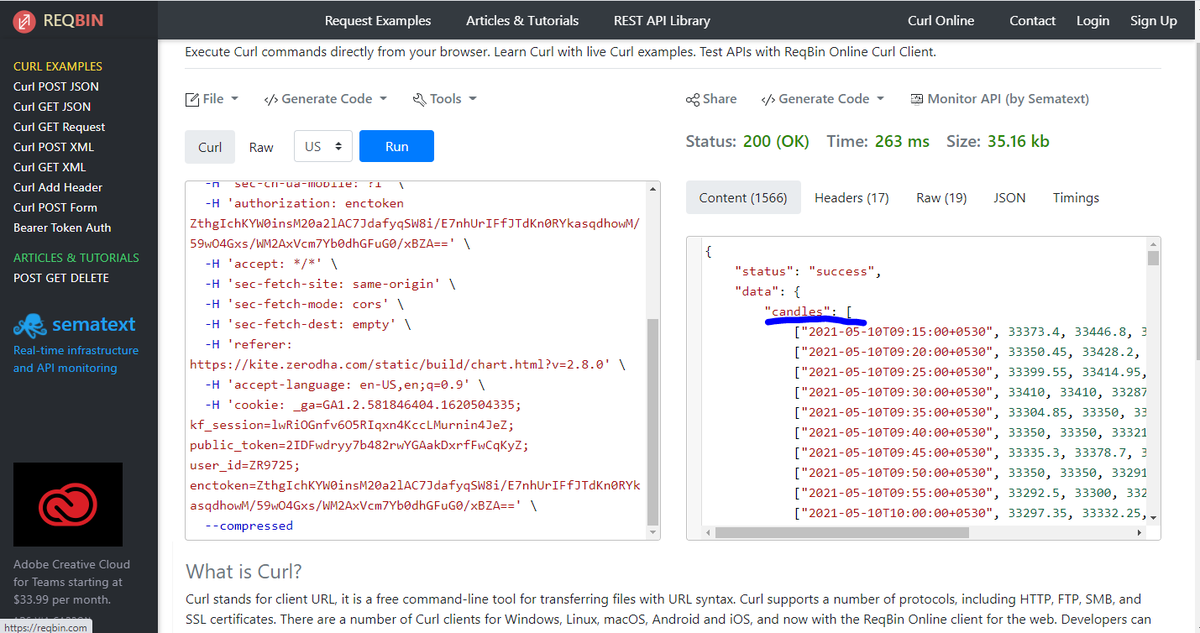
👇
1. Open the chart on zerodha web in chrome. Right click and select 'Inspect'. Click 'Network' as shown in this pic.

2. Right click on the last entry on the table you see and click 'copy as cURL (bash)'

3. Go to website https://t.co/f8rhwoGLUc and paste on the left box and click 'Run'
4. The output below candles written on right of box is the ohlc, volume and oi data. Copy and paste to excel.

You May Also Like
Joe Rogan's podcast is now is listened to 1.5+ billion times per year at around $50-100M/year revenue.
Independent and 100% owned by Joe, no networks, no middle men and a 100M+ people audience.
👏
https://t.co/RywAiBxA3s
Joe is the #1 / #2 podcast (depends per week) of all podcasts
120 million plays per month source https://t.co/k7L1LfDdcM
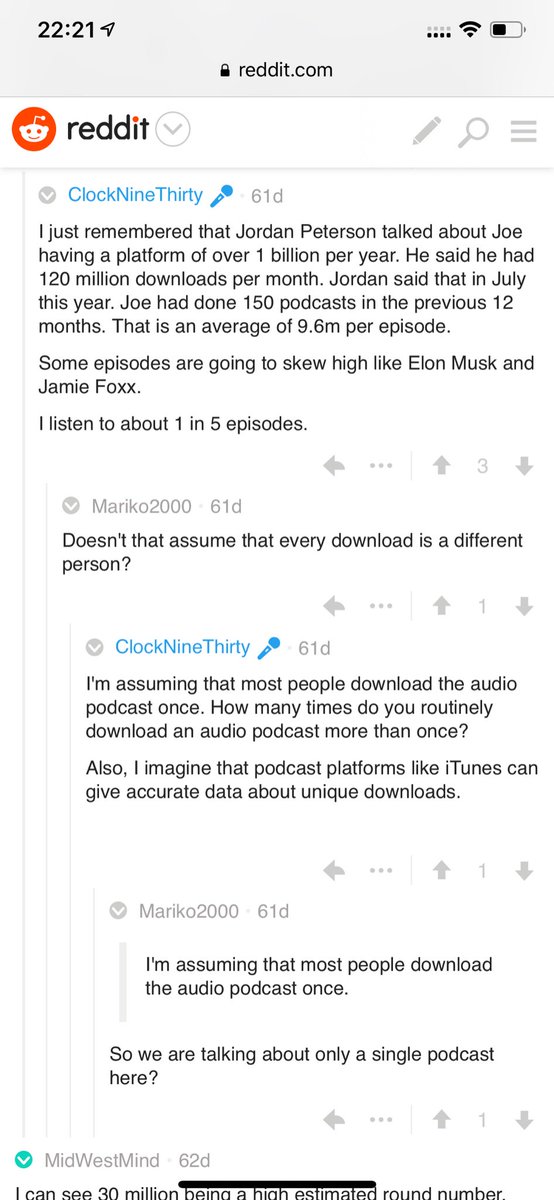
https://t.co/aGcYnVDpMu
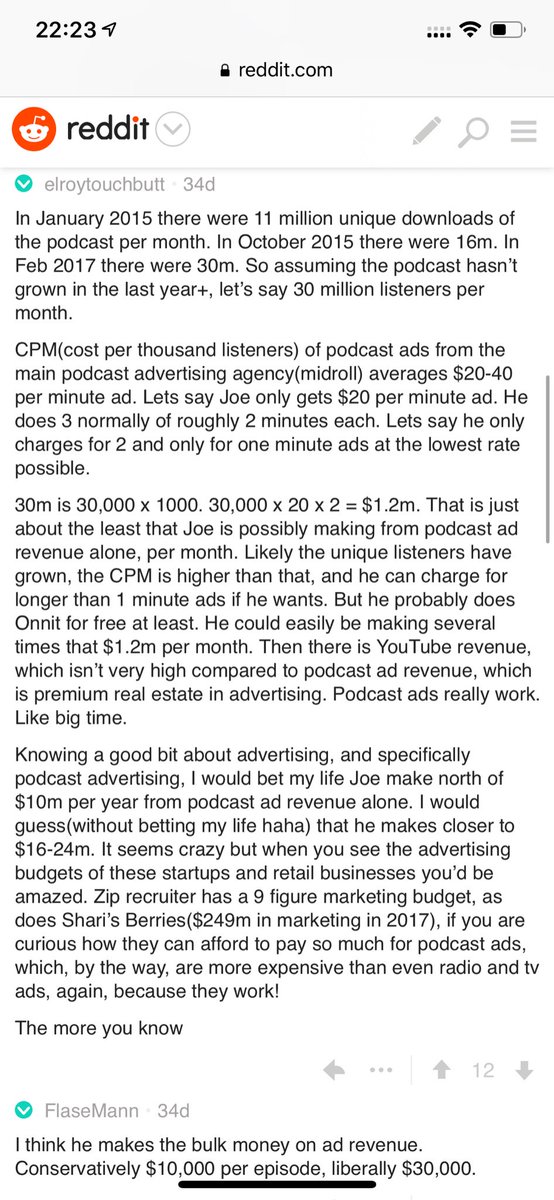
Independent and 100% owned by Joe, no networks, no middle men and a 100M+ people audience.
👏
https://t.co/RywAiBxA3s
Joe is the #1 / #2 podcast (depends per week) of all podcasts
120 million plays per month source https://t.co/k7L1LfDdcM

https://t.co/aGcYnVDpMu











